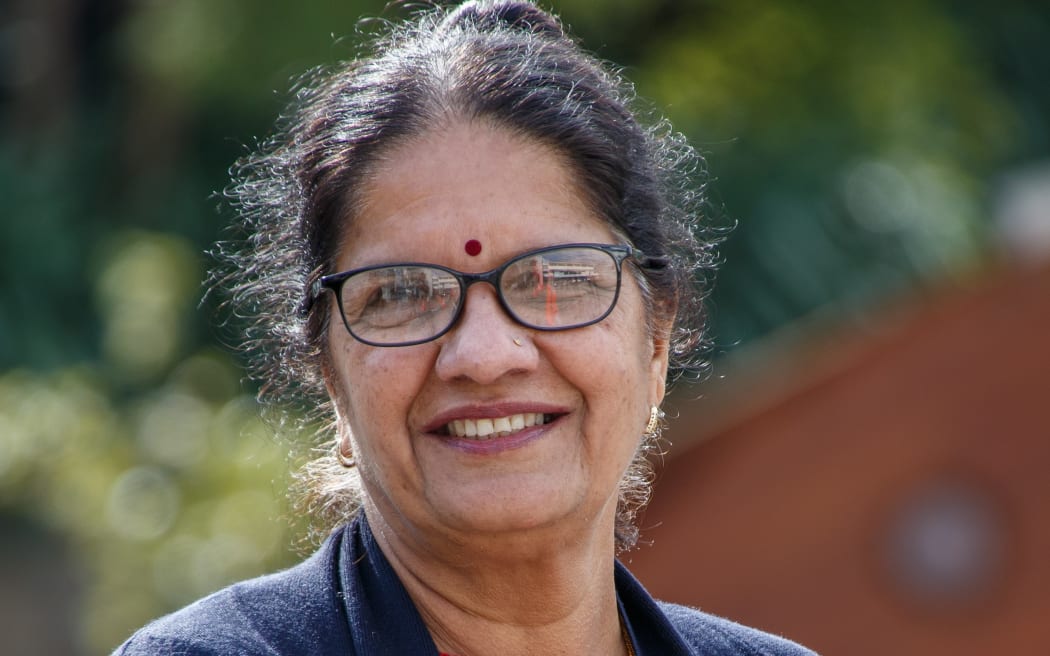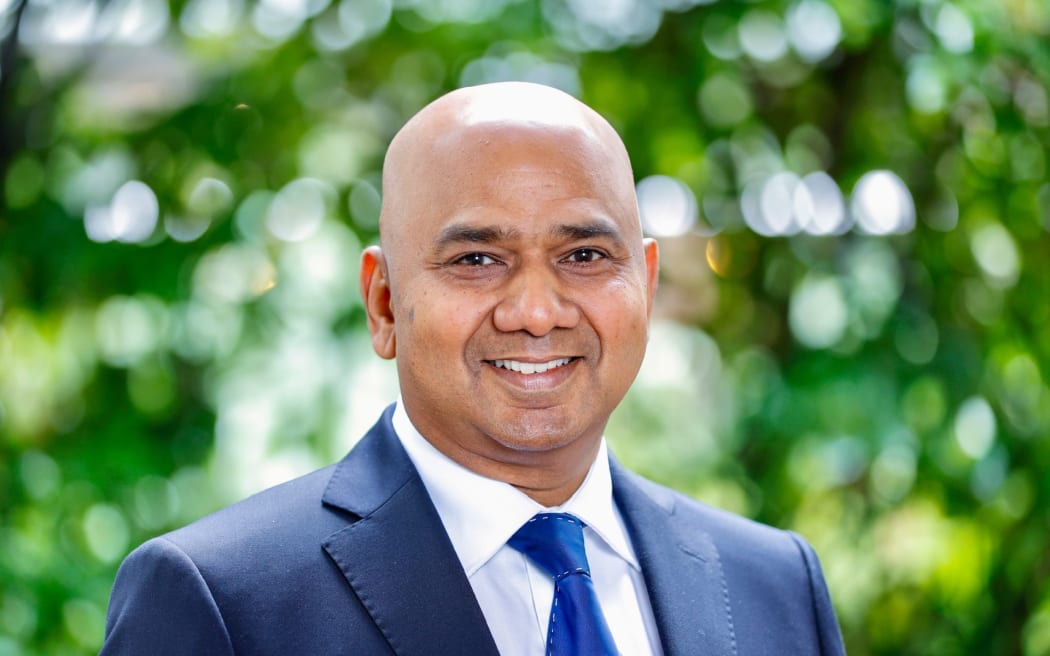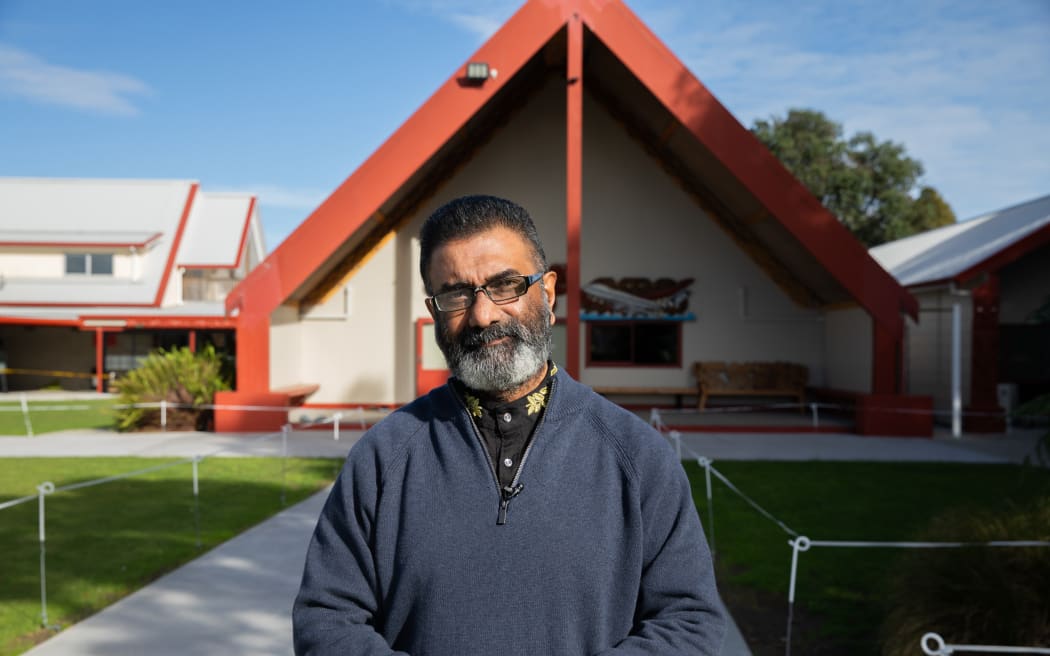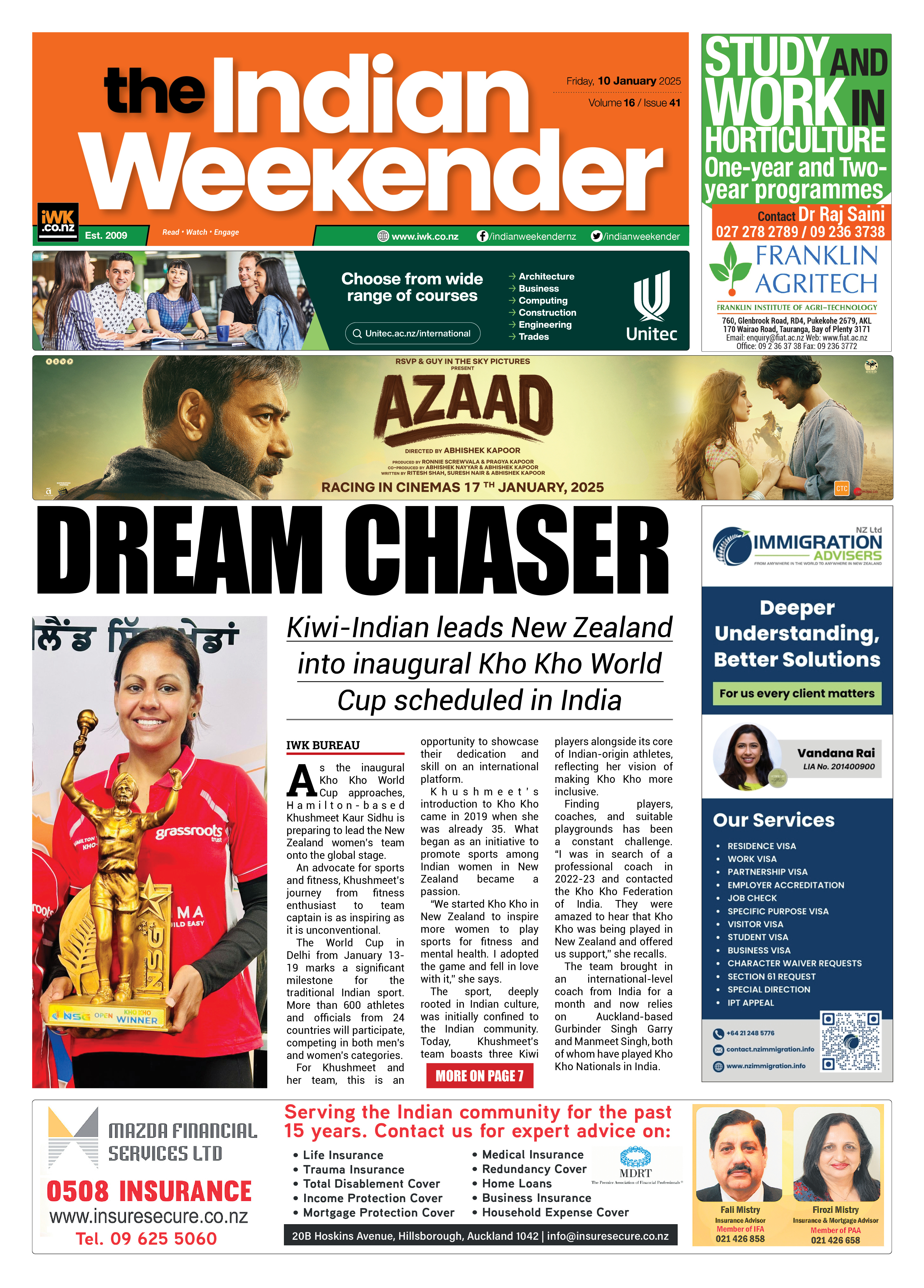Wellington City Council Creates Ethnic Advisory Group

Wellington City Council last week passed a historic resolution to establish a local ethnic advisory group, fulfilling a long-standing demand by ethnic communities in the capital.
On 10 April, community group representatives submitted a motion to the council's Social, Cultural, and Economic Committee to create an ethnic advisory group proposed by Southern/Paekawakawa Ward Councillor Nureddin Abdurahman.
The council voted 13-2 in favour of the group's establishment, with three abstentions.
"We need to be listening to our ethnic communities," Abdurahman said in the wake of the vote.
Abdurahman said ethnic communities made up about 20 percent of the capital's population, arguing that it's important for such groups to have a platform to express themselves.
Auckland Council introduced an ethnic advisory group in 2011, while Christchurch City Council followed suit in 2018.
The next steps involved setting the terms of reference for the advisory group and recruiting its members, he said.
Abdurrahman said the group would be up and running in about six months.
Wharangi/Onslow-Western Ward Councillor Ray Chung said ethnic communities had been calling for an advisory group to be established at a council level for many years.
"They feel as if they're invisible in the Wellington community," Chung said.
Chung said the creation of an advisory group should enhance the visibility of ethnic communities in Wellington.
"The ethnic communities hope that having this advisory group will raise their profile and the council will acknowledge their presence," he said.

Pushpa Wood is part of a coalition of ethnic communities that has lobbied for an advisory group to be created at Wellington City Council. Photo: Supplied
Coalition of ethnic communities
"The Muslim community, Indian community, Fiji-Indian community, Tamil community, Malaysians, Africans and various other groups who have advocated from different corners are all part of it," said Pushpa Wood, a member of the coalition of ethnic communities that pushed for the creation of the advisory group at Wellington City Council.
Support for the coalition came from organisations such as the Wellington Interfaith Council, African Communities Council of Wellington, Sikh Sanghas of Wellington, Hindu Council of New Zealand, Mutamizh Sangam, Aotearoa New Zealand Federation of Tamil Sangam, Ekta New Zealand, Arts Hub New Zealand, Soka Gakkai New Zealand, Global Organization of People of Indian Origin and Devbhoomi Association of New Zealand.
"For some reason, there's a misconception that the Multicultural Council of Wellington fulfills our needs at the local city council level, but we disagree," Wood said.
She said the Multicultural Council of Wellington did not adequately represent ethnic communities in strategic directions and decision-making at the council.
Wood said such representation could only be achieved through an advisory group.
She highlighted the diverse needs of ethnic communities beyond participation in festivals and cultural events.
"Ethnic communities encompass much more than just celebrating Diwali and Eid," she said.

Karuna Muthu is president of Wellington Mutamizh Sangam. Photo: Supplied
Karuna Muthu, former National candidate for Rongotai and president of Wellington Mutamizh Sangam, describes the advisory group as "a significant first step for greater collaboration and cooperation among communities and the council".
Muthu said ethnic communities would have been insulted if the advisory group had not been established, citing a decades-long year demand from communities that previous mayors and councils had dismissed.
He pinpointed the importance of the coalition of ethnic communities, noting its frequent meetings to brainstorm ideas in its bid to shift the council's position.
Ethnic communities outnumbered Māori and Pasifika communities in the 2018 census, but Muthu argued that the council had turned a blind eye to their demands.
"I presume [the number] has gone up since then but [ethnic communities] haven't actually got the representation in the council or in the council services that we require and use," Muthu said. "Socioeconomically, the communities contribute disproportionately higher than other communities."

Raveen Annamalai is president of Aotearoa New Zealand Federation of Tamil Sangam. Photo: RNZ / Blessen Tom
Community celebration
Raveen Annamalai, president of Aotearoa New Zealand Federation of Tamil Sangam, said the community was elated to hear the news.
"It was absolute joy," he said.
For Annamalai, the victory was personal.
In 2016, he and other community leaders attempted to establish the group, but their proposal was rejected.
"It has been a long journey for the community to turn this into a reality," Annamalai said.
Tayo Agunlejika, former executive director of Multicultural New Zealand, believed the new group would be a significant asset for the community.
Agunlejika had previously attempted to form the group in 2012 but faced stiff resistance from the council.
He attributed the group's success to the community's increased population and needs, noting that it was also important to have advocates such as Abdurahman at the council table.
"It's something we've believed in for a long time," he said. "Now we finally have it."




